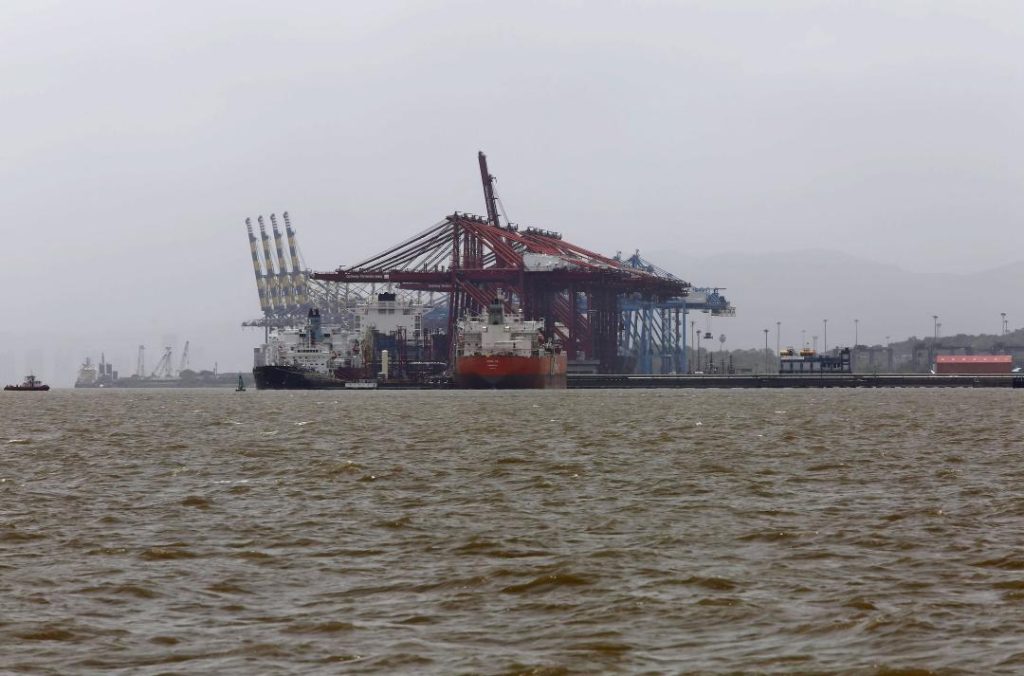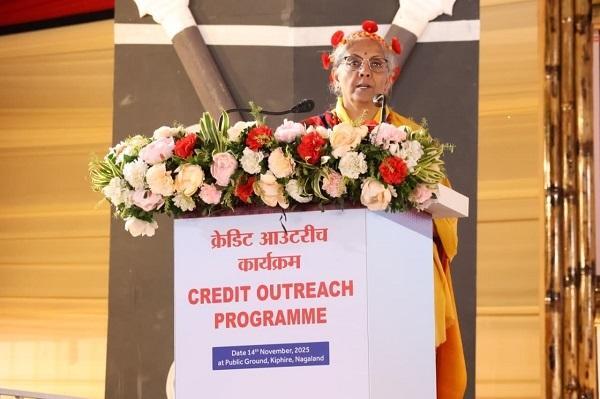
How was ₹800-cr scam undertaken by Tata firm & India’s largest container port’s ex-staff?
A recent revelation by the Central Bureau of Investigation (CBI) has exposed a massive scam worth ₹800 crore, undertaken by former staff of Tata Consulting Engineers (TCE) and India’s largest container port, Jawaharlal Nehru Port (JNPT). The scam, which has been described as one of the biggest in recent times, has caused a cumulative loss of over ₹4,200 crore. In this blog post, we will delve into the details of how the scam was undertaken and the massive loss it has caused.
The scam, which was uncovered by the CBI, involves the dredging project undertaken by TCE and JNPT. The project aimed to deepen the vessel draft at JNPT from 14 meters to 15 meters, which would have allowed larger ships to dock at the port. However, instead of following the standard procedure, the officials involved in the project chose to adopt a deeper vessel draft, resulting in a loss of ₹1,163 crore.
Another irregularity was noticed in the way the dredging was carried out. Instead of charging different rates for dredging different types of rocks, the contractors opted for a single rate, causing a loss of ₹557 crore. Furthermore, the contractors undertook dredging for an excess width, resulting in a loss of ₹964 crore.
The CBI has summoned the officials involved in the project, including the former staff of TCE and JNPT, in connection with the scam. The investigation has revealed that the officials had conspired to manipulate the project to suit their own interests, resulting in the massive loss.
The scam has raised serious questions about the integrity of the officials involved and the lack of oversight by the authorities. The CBI has seized documents and records related to the project, and the investigation is ongoing.
The impact of the scam is far-reaching, not only on the port and its stakeholders but also on the economy as a whole. The loss of ₹4,200 crore is significant and will have a ripple effect on the economy. The scam has also raised concerns about the quality of work being carried out by contractors and the need for stricter oversight by the authorities.
The scam is a stark reminder of the importance of transparency and accountability in public projects. It is crucial that the authorities take swift action to recover the losses and bring the officials involved to justice. The scam is also a wake-up call for the industry, highlighting the need for stricter regulations and oversight to prevent such scams in the future.
In conclusion, the ₹800-crore scam undertaken by former staff of TCE and JNPT is a shocking revelation that has exposed the rot in the system. The scam highlights the need for greater transparency and accountability in public projects and the need for stricter regulations to prevent such scams in the future. The authorities must take swift action to recover the losses and bring the officials involved to justice.






